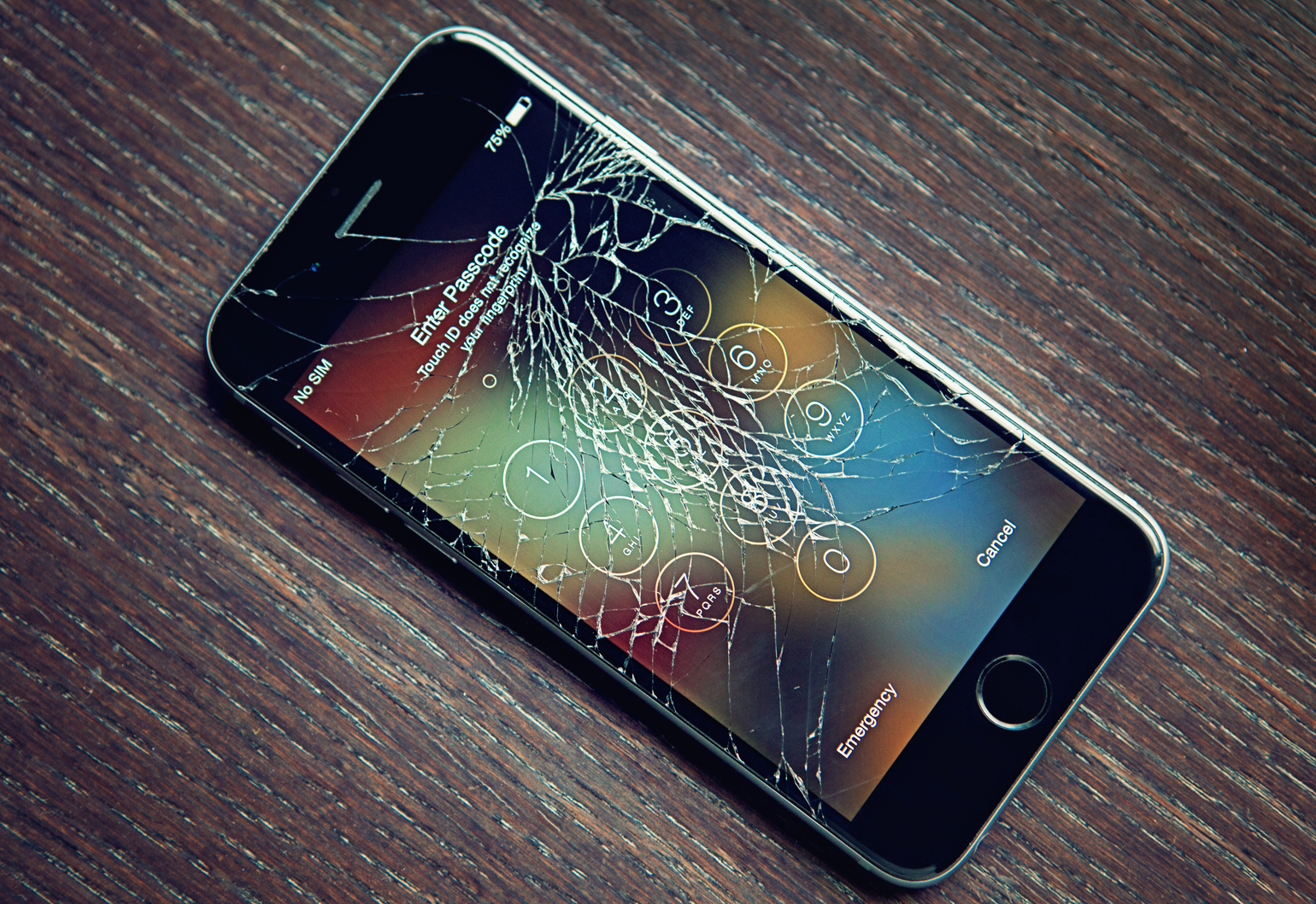Are LCD Monitors Hazardous Waste? What UK Businesses Should Know by LCD Buyer
Many people assume that flat-screen monitors are clean, sleek, and harmless. However, beneath their polished appearance, LCD monitors often contain materials that require careful handling and disposal. For businesses managing IT equipment at end-of-life, overlooking these hazards can lead to regulatory non-compliance, reputational damage, and environmental harm.
At LCD Buyer, we are committed to responsible and compliant LCD disposal. This guide from LCD Buyer explains the risks hidden inside monitors and outlines best practices under current UK and EU waste regulations.
Why LCD Monitors Can Be Hazardous
LCD monitors — including TFT, TN, IPS, and VA panel types — can contain a range of harmful substances. Many older models use cold cathode fluorescent lamps (CCFLs) for backlighting, which contain small amounts of mercury. Lead, another toxic metal, is often used in solder joints and glass substrates, while cadmium and arsenic can appear in circuit boards or coatings. Plastics and circuit boards may also contain brominated flame retardants that release hazardous fumes when burned or shredded. In addition, the liquid crystals and adhesives within displays can degrade over time or release volatile compounds when crushed or incinerated.
Because of these materials, LCD monitors are often classified as hazardous or restricted under environmental regulations. In the UK, they fall under both the Waste Electrical and Electronic Equipment (WEEE) and Hazardous Waste Regulations, which govern how they must be collected, transported, and recycled. When you choose LCD Buyer, we ensure all equipment is processed safely and in full compliance with these rules.
Legal and Regulatory Implications in the UK
Under the UK Hazardous Waste Regulations, electrical waste that contains substances such as mercury or lead must be handled with care and cannot be mixed with general waste. The Environment Agency and local authorities enforce strict classification rules, and failure to comply can result in enforcement actions and financial penalties.
The WEEE directive requires that end-of-life electronics be collected and recycled through approved channels rather than sent to landfill. Businesses are expected to maintain records, document disposal processes, and work only with authorised waste handlers. Partnering with LCD Buyer helps businesses meet these obligations with minimal effort, as our services include documentation, transport, and recycling through licensed UK facilities.
The Dangers of Improper Disposal
Improper disposal of LCD monitors poses several environmental and health risks. When dumped in landfills, materials such as lead, mercury, and brominated compounds can leach into soil and groundwater, contaminating the environment. If monitors are incinerated or shredded without proper containment, they may emit harmful gases and particulates that contribute to air pollution. Improper handling can also cause cross-contamination, where hazardous materials mix with non-hazardous waste streams, complicating recycling efforts.
Beyond the environmental damage, mishandling electronic waste can seriously harm a company’s public image. In an era where environmental, social, and governance (ESG) performance matters, businesses seen as careless with e-waste can lose credibility and stakeholder trust. LCD Buyer ensures your company avoids these risks through fully compliant, traceable recycling practices.
Best Practices for UK Businesses
Responsible management of LCD monitors starts with accurate classification. Businesses should separate monitors by type — for example, older CCFL models from newer LED-backlit ones — to ensure proper treatment and recycling.
It is important to use only licensed waste carriers authorised to handle hazardous and WEEE waste. Every consignment should be documented, and proof of proper disposal should be retained. LCD Buyer assists businesses with both collection and certification, ensuring full traceability from start to finish.
Companies should work exclusively with accredited recyclers that comply with UK and EU waste management standards. These specialists dismantle displays safely, recover valuable materials such as metals and glass, and neutralise or safely destroy hazardous components. With LCD Buyer, you can be confident that every display is treated responsibly and sustainably.
Maintaining a clear chain of custody is essential. Businesses must keep audit records, manifests, and certificates of destruction or recycling to demonstrate compliance with environmental regulations. When you use LCD Buyer, all these records are automatically provided for your audit trail.
Where possible, organisations should explore refurbishment or reuse of working monitors. Extending a monitor’s life reduces overall waste and environmental impact, and LCD Buyer offers expert advice on when refurbishment or resale may be appropriate.
It is also critical to avoid sending monitors to landfill or general incineration unless the facility is licensed to process hazardous electronic waste. Finally, companies should regularly review guidance from the Environment Agency and stay informed about any regulatory updates or post-Brexit policy changes that affect e-waste management. The team at LCD Buyer continuously monitors these changes and advises clients accordingly.
Why Partner with LCD Buyer for Disposal and Recycling
LCD Buyer (UK) provides professional, compliant, and sustainable disposal and recycling solutions for all types of LCD monitors. We handle collection and logistics securely and work exclusively with certified recycling partners who meet UK environmental standards. Our team ensures that every step of the process — from classification to destruction — is documented and auditable.
We also advise clients on reuse and refurbishment options to help minimise waste and environmental impact. Our commitment to transparency, compliance, and sustainability ensures your business meets its legal obligations while supporting a greener future.
When you work with LCD Buyer, you can be confident that your LCD disposal process is safe, traceable, and environmentally responsible. With LCD Buyer, you gain a trusted partner in sustainability — one that protects both your business and the planet.
